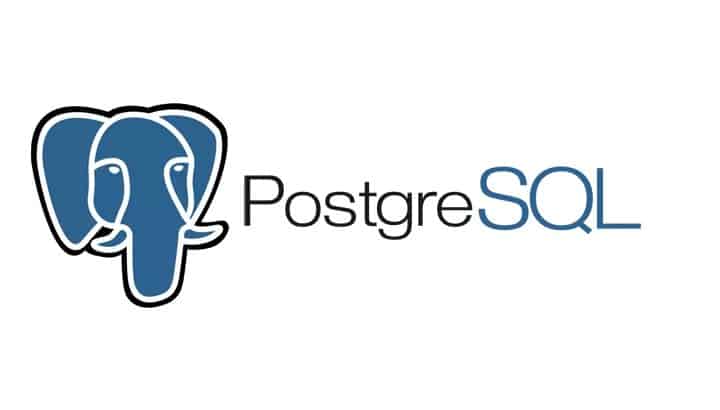Microsoft has acquired Citus Data, a supplier of a PostgreSQL database, for an unknown amount. A remarkable acquisition, since the software giant itself already provides a managed PostgreSQL service via Azure.
According to ZDnet, Microsoft’s strategy is twofold: on the one hand, the acquisition would ensure the availability of more PostgreSQL talents instead of Microsoft having to train people itself. An advantage that would allow the software giant to position itself better and thus have a share in the direction of the open source project PostgreSQL. A faster startup aimed at supporting the latest versions also plays a role.
In addition, Microsoft probably wants to benefit from the way in which Citus Data has expanded the PostgreSQL platform. The vendor would always have differentiated to support a scale-out configuration of PostgreSQL. A solution that competes with the PostgreSQL-compatible edition of Amazon Aurora and Google Cloud. They each offer their own open source PostgreSQL database service. Version number and supporting cloud services, such as security and monitoring, can also make a difference. In addition to synergy with other services on the platform.
Increase in popularity PostgreSQL
However, there are more suppliers who use custom databases based on PostgreSQL engine as a starting point. Think of parties like ParAccel, the technology that Amazon Web Services has acquired to build Redshift. But Greenplum, Netezza, EnterpriseDB and Vertica also belong in that list.
It is striking that last year the popularity of cloud-based pure vanilla PostgreSQL managed services, this so-called white label database, was taken out of the shadows. Something that led to rapid growth at Microsoft in the acceptance of Azure Database for PostgreSQL and aroused interest in a party such as Citus Data.
Since the launch of the PostgreSQL service a few years ago, Microsoft noted that many of its customers were looking for more scale. At the time, Microsoft released SQL Server 2019 Big Data Clusters to scale up an SQL database for analysis. But the software giant did not want to make it mandatory for customers who had already expressed their preference for the PostgreSQL platform to migrate.
AWSs Aurora
Citos Data would be the answer to competitors like AWSs Aurora. Although it would be about comparing apples and pears. Since Aurora focuses on OLTP and Citus Data’s scale-out architecture, it is intended to provide horizontal scalability. In addition to also auto-sharing capabilities, which in turn are linked to NoSQL databases, such as MongoDB. But with the ACID support as linked to company databases. In addition to massive parallel transaction processing for real-time analysis, OLTP and multi-tenancy support to support cloud or hybrid cloud deployments.
With its expansion architecture, which allows Microsoft to offer its Azure database for PostgreSQL in different versions, the full portable vanilla PostgreSQL edition and the acquisition of Citus Data, Mirosoft meets the needs of customers with high demands for scalability.
This news article was automatically translated from Dutch to give Techzine.eu a head start. All news articles after September 1, 2019 are written in native English and NOT translated. All our background stories are written in native English as well. For more information read our launch article.